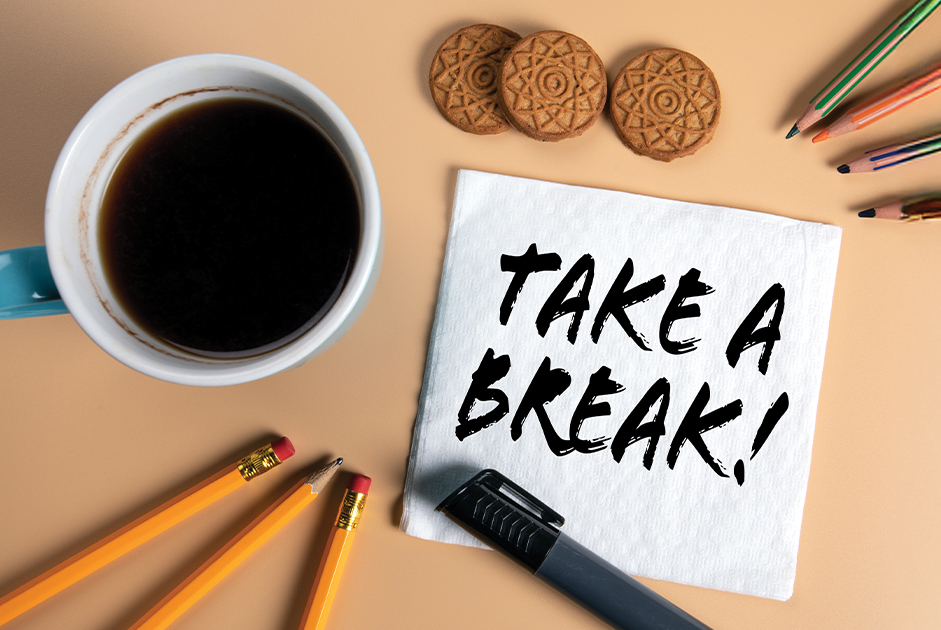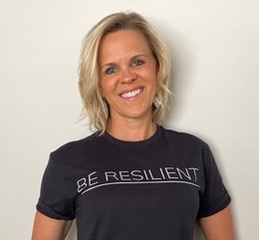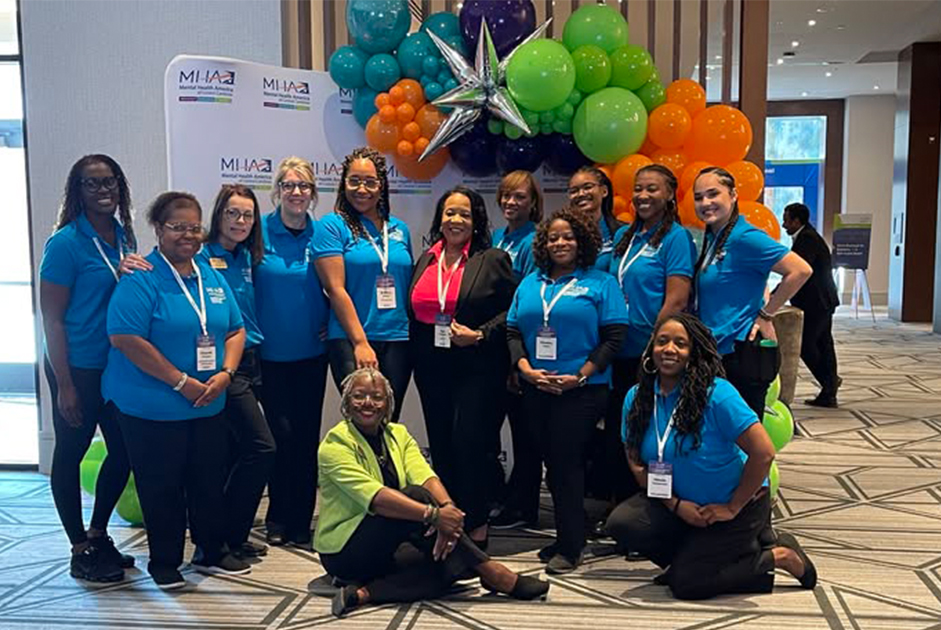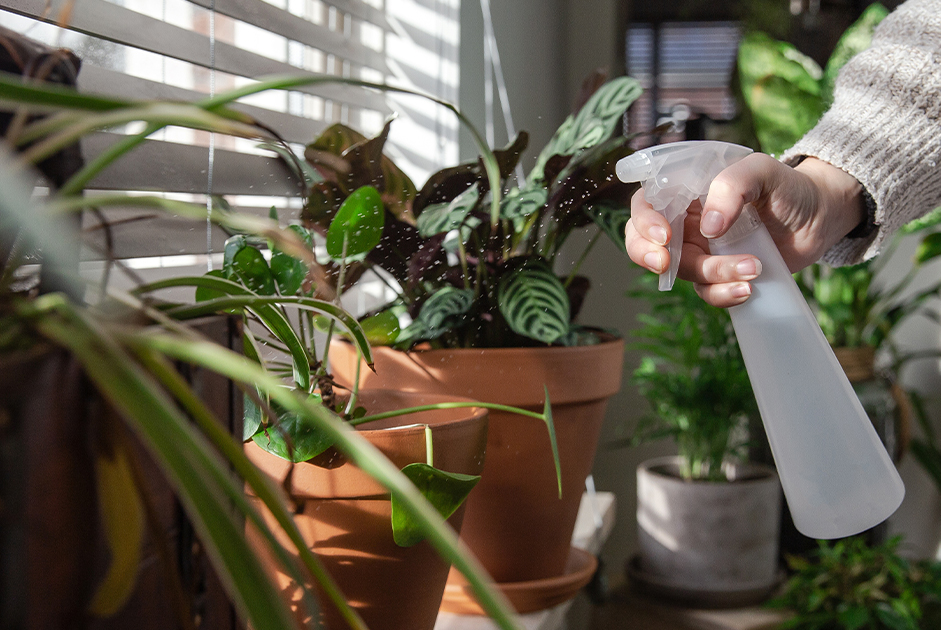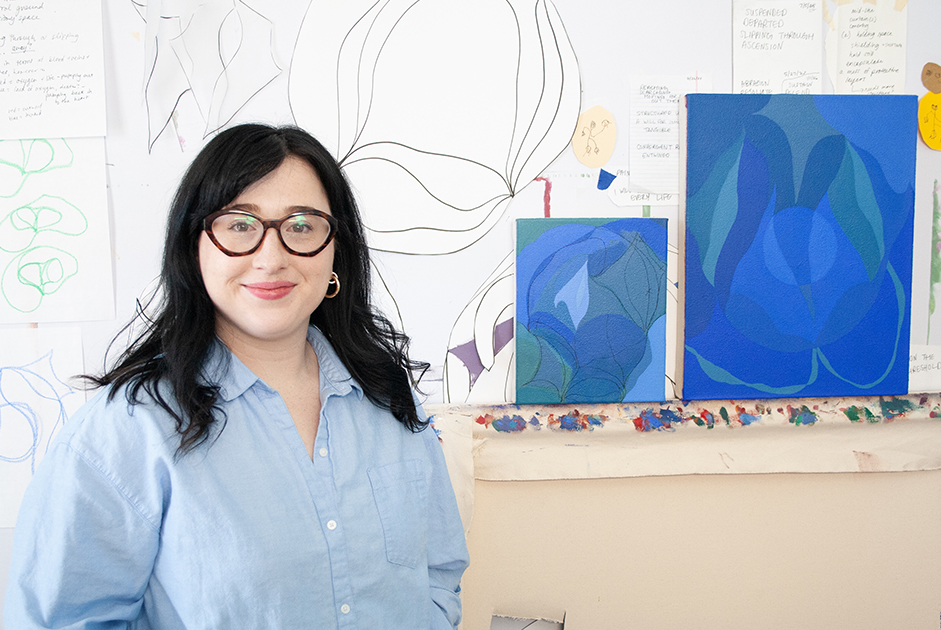For years, our family has lived by the mantra: Work hard, play hard.
It’s an impactful mantra – one that has shaped our approach with our kids in school, sports and careers. Push yourself, grind toward your goals and then celebrate the wins. Hustle, then have fun. My daughter even referenced this mindset in her nursing school interview last week, reinforcing how deeply it has been ingrained in our way of life.
Admittedly, there’s something we missed. An essential element that is often overlooked in our culture of constant productivity and achievement.
Rest Hard
Not just take a break or get some sleep, but truly recharge – mentally, emotionally and physically.
In today’s world, there is a growing recognition of the importance of the pause. More and more, we see examples of rest being woven into high-performance lifestyles:
🌟 The rest day from an intense workout, essential for muscle growth and injury prevention.
🌟 Team-building activities that strengthen workplace relationships and increase engagement.
🌟 Date nights with a spouse – not just for fun, but for deep connection and presence.
🌟 Midday walks, offering fresh air and a mental reset to improve focus and creativity.
🌟 A pitcher’s day off to allow recovery and avoid longterm damage.
Yet, despite these signs of progress, our culture still glorifies the hustle. Why do we continue to glorify sleepless nights and packed schedules? We equate exhaustion with dedication. We wear burnout like a badge of honor.
And, what does it cost us? Burnout, disengagement and stress-related illnesses that take a toll on our health, relationships and even our success.
How do we identify the impact of rest in our lives?
🌟 In Business:
The most successful entrepreneurs and executives don’t just work harder – they work smarter. And, part of working smart means knowing when to rest. Bill Gates takes weeklong “Think Weeks,” retreating from distractions to read, reflect and strategize. In reality, rested minds make better decisions. When you’re constantly running on fumes, creativity, problem solving and visionary thinking suffer.
🌟 In Relationships:
When was the last time you were too drained to engage in meaningful conversation? When we don’t rest, we don’t connect. Fatigue leads to short tempers, shallow interactions and emotional distance. Intentional rest – whether it’s carving out uninterrupted family time, stepping away from work emails or simply allowing space for solitude – replenishes our emotional reserves. The best relationships aren’t built on busyness; they thrive on presence and energy.
🌟 In Team Building:
The best teams don’t just push hard – they recover well. Companies that prioritize mental well being, flexible schedules and genuine recovery time have lower turnover and higher engagement. When employees are encouraged to step back and recharge, they return more focused, creative and productive. A well-rested team is an innovative team.
Be the change! Work hard, play hard…and normalize resting hard.
I still believe in hard work. I still believe in playing hard. But, I also believe just as strongly in resting hard. It’s not laziness; it’s strategy. It’s not weakness; it’s wisdom.
If we want to thrive in our careers, relationships and personal growth, we must break the cycle of glorified exhaustion. Let’s normalize the pause, value recovery and embrace the truth that rest is not a reward, it’s a requirement.
Your body, your mind and your success depend on it.
